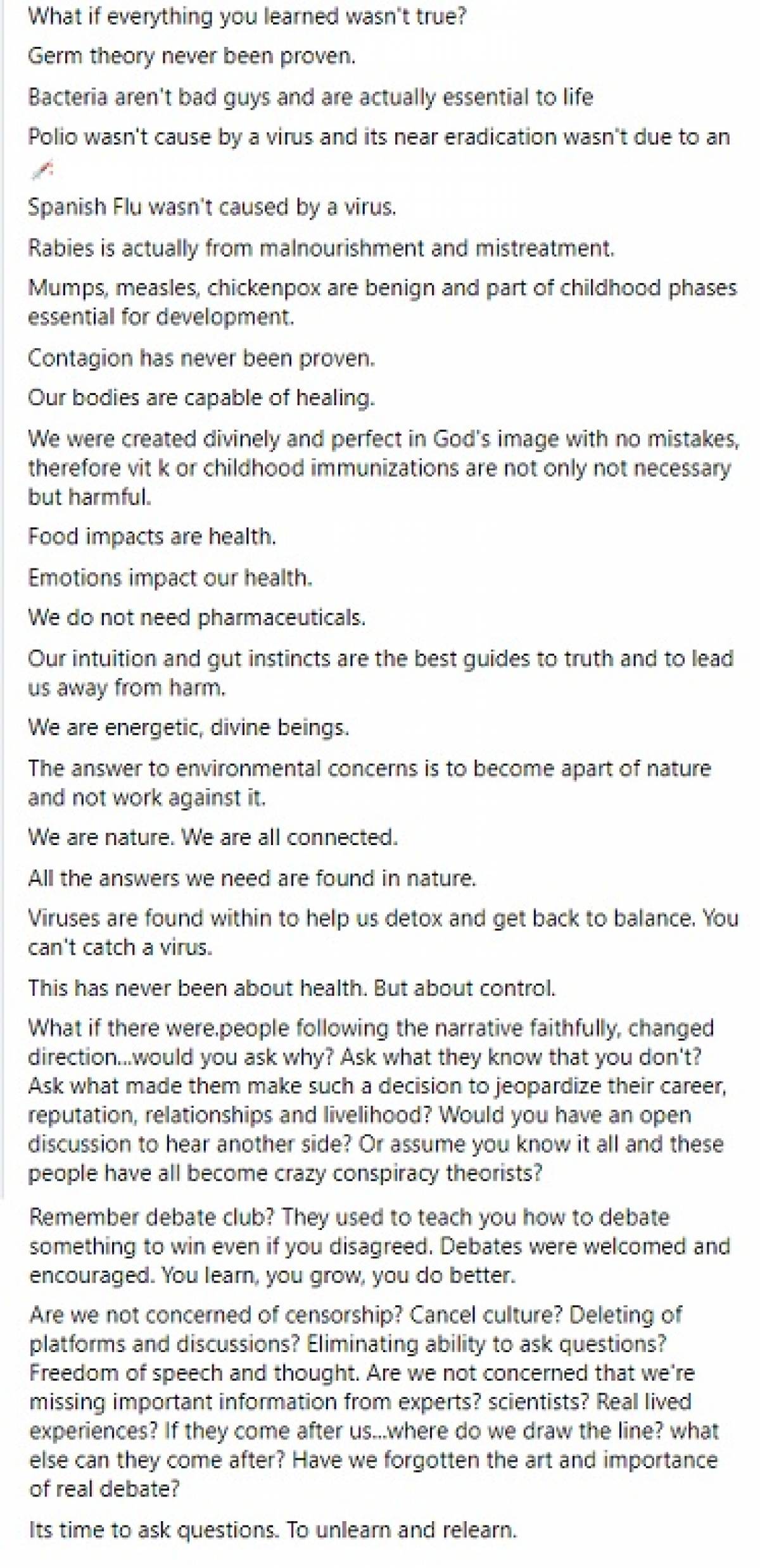Manitoba
School support staff in Thompson end strike days after walking off the job
Union members have until Tuesday to vote on whether to accept school division’s latest offer
School support staff in Thompson, Man., felt they had no choice but to strike since they couldn't convince their employer to meet at the bargaining table even once.
But four days after they started picketing, the striking staff not only got their first meeting, but a satisfactory contract offer.
Union spokesperson Matt Winterton said he was relieved to be pulled off the picket line on Friday and presented with that proposal.
The offer included retroactive wage increases, non-monetary language changes to the collective agreement and repayment of benefit premiums the union paid during the strike, he said.
"Basically right then and there, I looked at the offer and I knew we could … take that to the members for a vote," said Winterton, whose United Steel Workers Local 8223 union represents around 180 support and clerical staff at the School District of Mystery Lake in northern Manitoba.
"We're pretty in touch with the membership at that point and what their desired outcome was."
Winterton said when he brought the offer out to the striking workers on Friday, he was met with cheers.
"It was ecstatic. The energy was unreal. People were relieved," he said.
"Our members didn't want to be on strike. They knew they had to … but they wanted to be at school for the kids."
Those workers — including clerical staff, educational assistants, custodians and maintenance workers — also wanted to be treated on par with teachers in terms of wage increases, Winterton said.
"They weren't looking for any more," he said.
Pay hikes
The contract offer provides that, with proposed retroactive wage increases that stretch back four years to when the last contract expired, Winterton said.
That includes a 1.5 per cent increase for July 2017 and January 2018, a 1.6 per cent bump for July 2018, a 1.4 per cent hike for July 2019 and a 0.5 per cent boost for July 2020. It also proposes a cost-of-living adjustment for July of this year.
Workers have until 4 p.m. Tuesday to cast their ballots and potentially ratify the latest offer.
Winterton said about 75 per cent of the union's members have already voted, but the poll will stay open for a few more days so the long weekend doesn't stop anyone from making their voice heard.
CBC News has reached out to the school district for comment. In a Facebook post earlier this week, it said it hoped to reach an agreement with the two bargaining groups and that it will try to maintain all services possible at schools.
Winterton said he's "very confident" the vote will be strongly in favour of the new offer and staff will return to work in time for the first day of classes on Thursday.
"The impression I get [from] both the school board and our members is, 'Hey, it's crunch time. We're going to get back to work,'" he said.
"'We're going to get the school year up and running ASAP and it'll be without a hitch going forward.' That's kind of the feeling, the message that I'm getting."
















